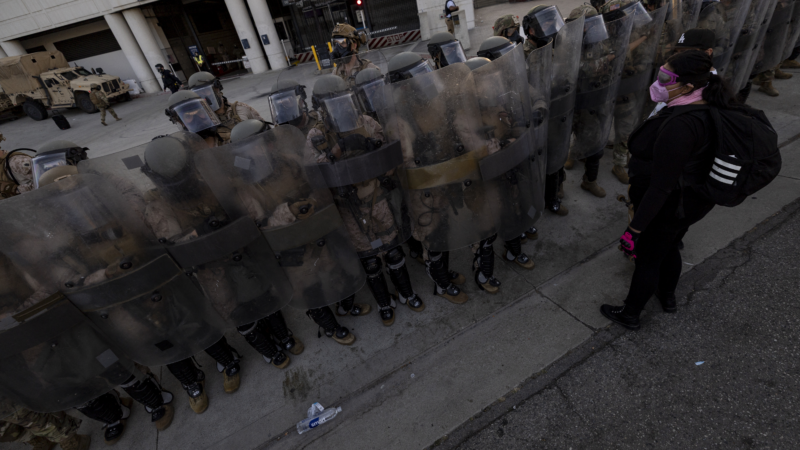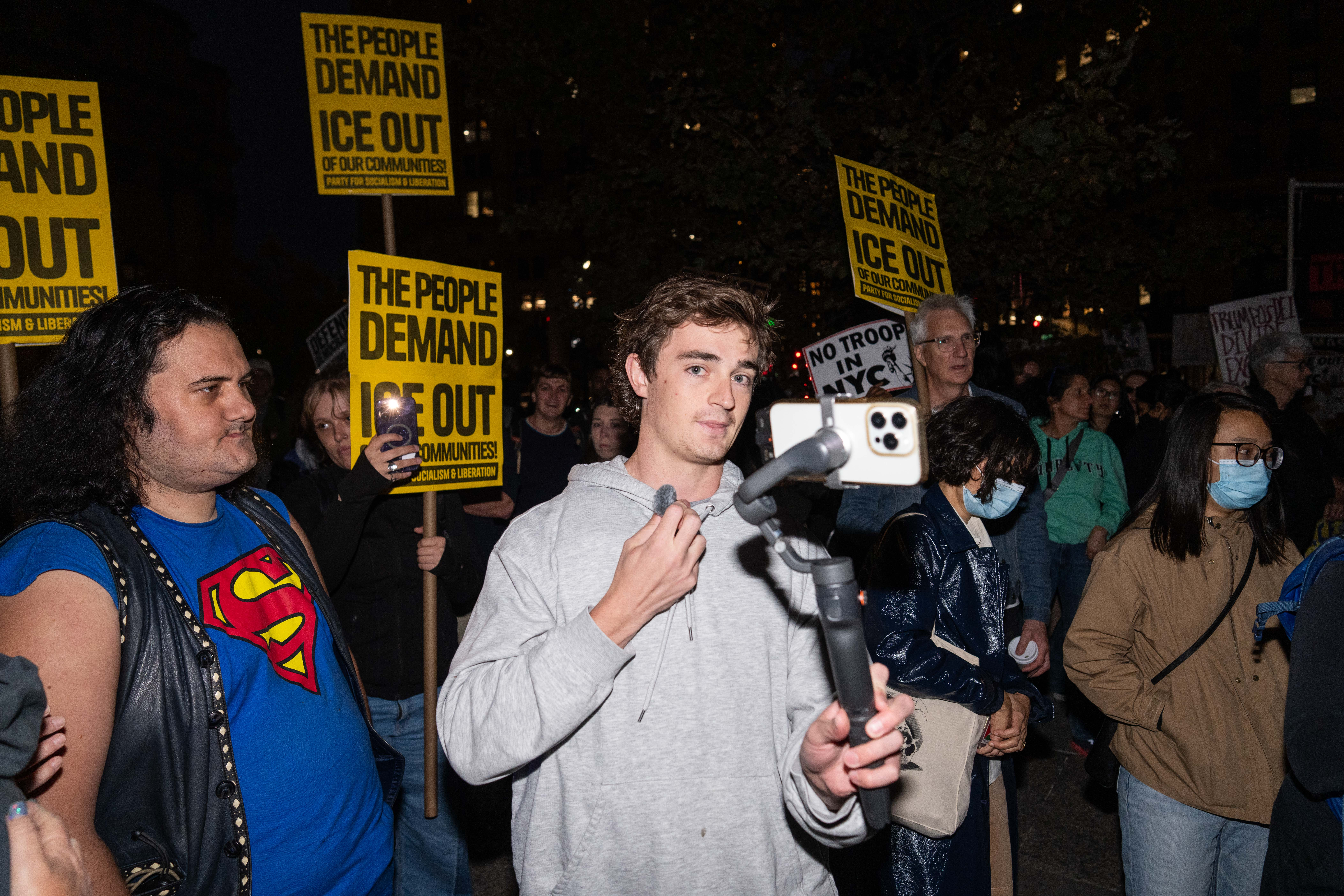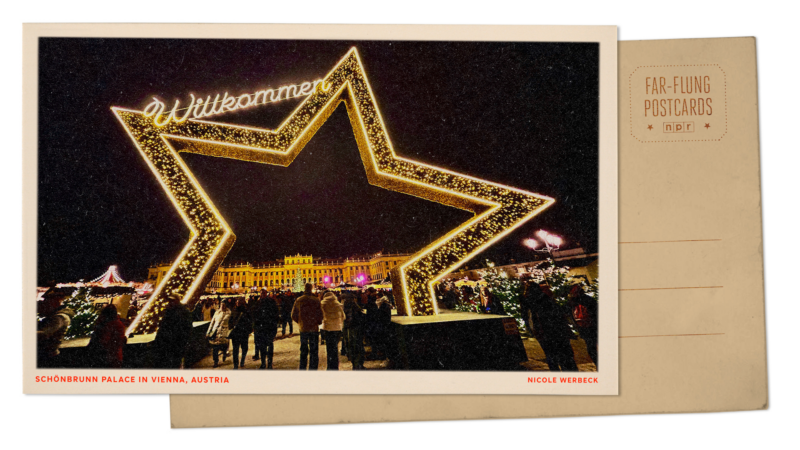A Putin aide rejects Trump’s 30-day Ukraine ceasefire proposal
As U.S. special envoy Steve Witkoff enters talks with Russian officials in Moscow on a Trump administration proposal Ukraine has already accepted for a 30-day ceasefire, President Vladimir Putin’s foreign policy adviser, Yuri Ushakov, rejected the idea.
Speaking on Russian state television, Ushakov dismissed a 30-day ceasefire as a mere “breather” for Ukrainian troops, emphasizing Moscow’s preference for substantive peace talks.
Ushakov reiterated Russia’s demands: Ukraine must recognize Russia’s annexation of Crimea and four southeastern regions, withdraw troops from lands claimed by Russia and pledge never to join NATO. He said he “hopes [the United States] knows our position and wants to believe that they will take it into account as we work together going forward.”
Moscow also seeks limits on Ukraine’s military, protections for Russian speakers and elections to replace Ukrainian President Volodymyr Zelenskyy.
Meanwhile, Russian forces have reclaimed most of the territory lost in last summer’s Ukrainian offensive in Russia’s Kursk region.
The U.S. restored military aid to Ukraine after ceasefire talks Tuesday in Saudi Arabia. President Trump, pushing for a ceasefire, warned Russia of financial consequences if Putin resists.
Trump will drop push for National Guard deployments in Chicago, LA and Portland, Ore.
Courts blocked troops from deploying in Chicago and Portland, Ore., and the Los Angeles deployment effectively ended after a judge blocked it earlier this month.
What Stranger Things gets right about wormholes
The final episode of fifth season of the Netflix series Stranger Things is out this week, and the concept of a wormhole figures largely into it. While the show is a work of fiction, theoretical wormholes have making appearances for decades not only in science fiction but in actual science.
Photos: The world welcomes the new year
As fireworks light the sky and crowds count down together, communities around the globe welcome 2026.
Meet five new species discovered in 2025
A bumpy snailfish, Andean mouse opossum and ancient sea cow were just some of the many species described in 2025.
What to know about Nick Shirley, the YouTuber alleging daycare fraud in Minnesota
Shirley is a 23-year-old self-described "independent YouTube journalist" who made prank videos in high school before pivoting to politics. He participated in a White House roundtable in October.
Greetings from Vienna, where an imperial palace hosts a holiday market for all
Far-Flung Postcards is a weekly series in which NPR's international team shares moments from their lives and work around the world.







